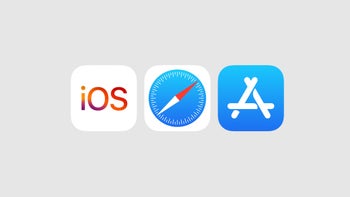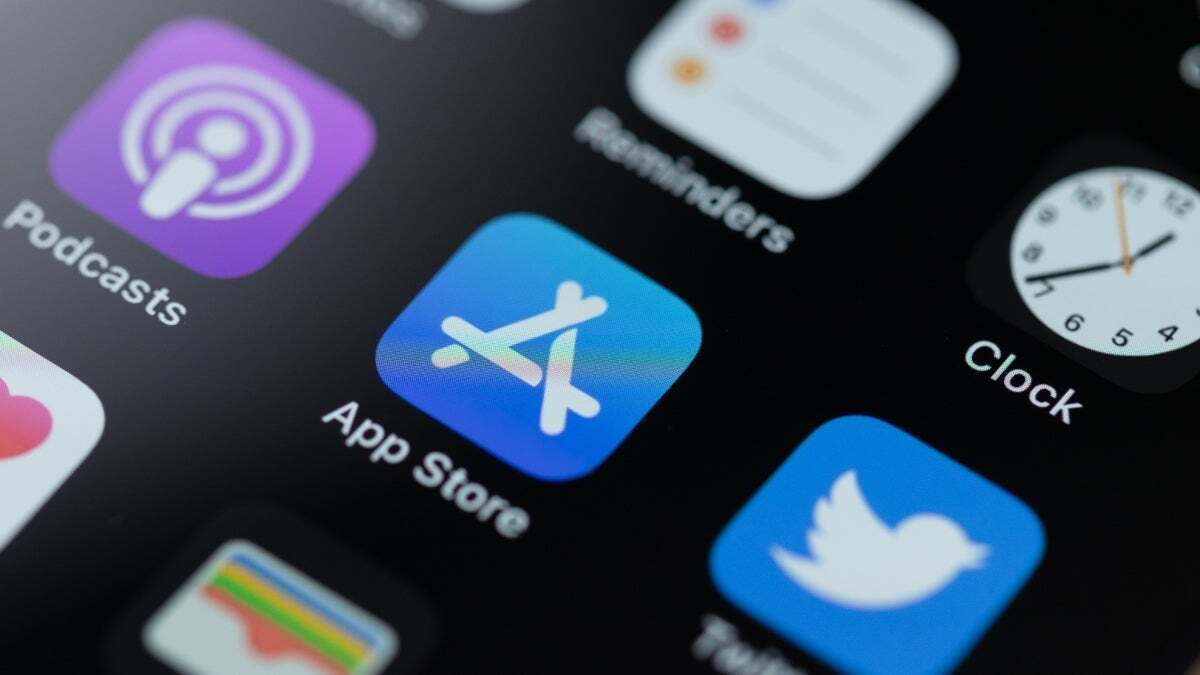Apple announces big changes coming in March to iOS, Safari, and the App Store in the EU

Apple is making big changes in the European Union which will allow, among other things, iPhone users to sideload apps from third-party app stores. From the start, it was the late Steve Jobs' intention to prevent iPhone users from sideloading apps on the iPhone for security reasons. Apps from third-party app stores are installed without Apple checking them out to see if they are security risks; apps downloaded from the App Store have been vetted for malware and other malicious behavior although sometimes developers with evil intentions can get an app through.
Apple's commission for in-app payment processing in the EU App Store will drop to a range of 10%-17%
Developers will also be able to choose alternative payment platforms to handle in-app transactions in the EU across all of Apple's operating systems including including iOS, iPadOS, macOS, watchOS, and tvOS. The commission that Apple will take on in-app purchases that it processes through its own in-app payment platform, the so-called Apple Tax, will be reduced in the EU from the 15%-30% range seen in the rest of the world, to 10%-17%. Apple won't see a dime from in-app transactions completed through alternative payment platforms.

Apple's changes in the EU to iOS, Safari, and the App Store will come with the release of iOS 17.4 in the region
The 27 member countries of the EU benefit from the EU's Digital Markets Act (DMA) which forces Apple to make these changes in this market. Another change being made by Apple will show users a new "choice screen" the first time they open Safari in iOS 17.4 or later. While EU iPhone users can already change their default browser away from Safari, the new "choice page" will bring to their attention that they can choose a default browser and include a list of third-party browsers to help them make that change right away.
Apple makes it clear that it doesn't like being forced to put up the "choice screen" because it means "that EU users will be confronted with a list of default browsers before they have the opportunity to understand the options available to them. The screen also interrupts EU users’ experience the first time they open Safari intending to navigate to a webpage."
EU users will be able to pick a third-party default contactless payment app
The company also said, "Inevitably, the new options for developers’ EU apps create new risks to Apple users and their devices. Apple can’t eliminate those risks, but within the DMA’s constraints, the company will take steps to reduce them. These safeguards will be in place when users download iOS 17.4 or later, beginning in March..." One of the changes Apple is making in the EU will bring additional malware protections that will prevent iOS apps from launching if they are discovered to contain malware after being installed on a user's device.
Changes are coming to iOS in the EU as well. EU iPhone users will be able to choose a third-party contactless payment app to replace Apple Pay and select an alternative app marketplace as their default to replace the App Store.
Apple Fellow Phil Schiller said, "The changes we’re announcing today comply with the Digital Markets Act's requirements in the European Union, while helping to protect EU users from the unavoidable increased privacy and security threats this regulation brings. Our priority remains creating the best, most secure possible experience for our users in the EU and around the world. Developers can now learn about the new tools and terms available for alternative app distribution and alternative payment processing, new capabilities for alternative browser engines and contactless payments, and more. Importantly, developers can choose to remain on the same business terms in place today if they prefer."
Apple says that all of these changes will take place in March with the release of iOS 17.4 in the region.










Things that are NOT allowed: